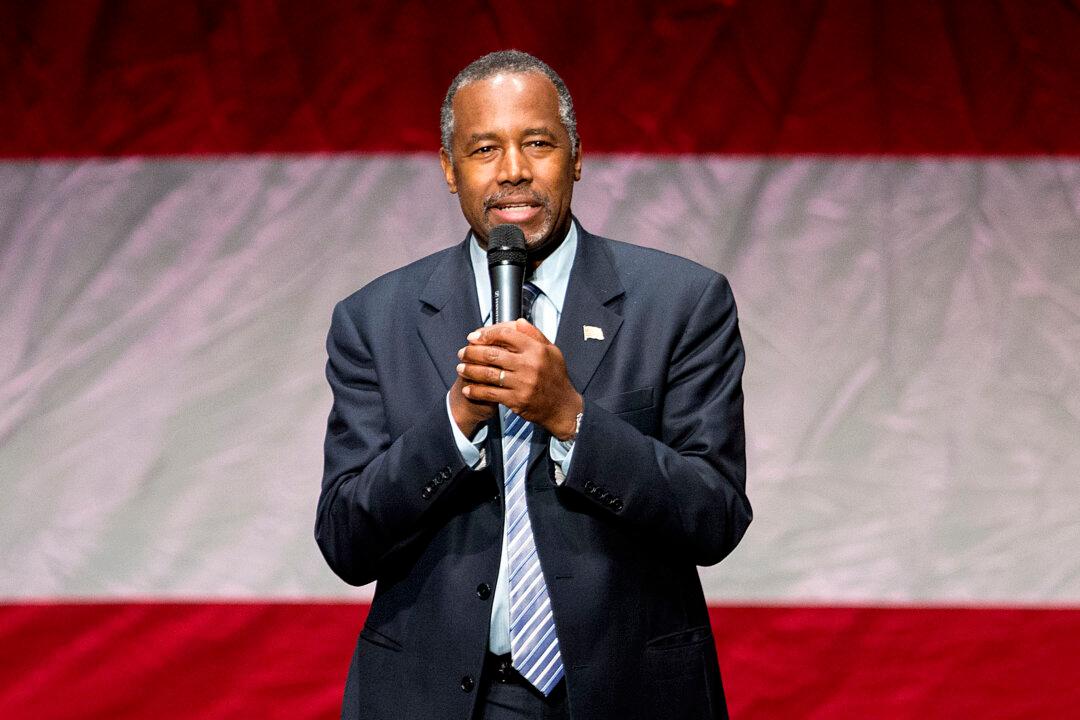He would often tell voters that he viewed his candidacy as a way to honor the American founders' view of the "citizen-statesman."
Ben Carson Says ‘No Path Forward’ in His Bid for White House

Dr. Ben Carson speaks during a campaign event in Atlanta on Dec. 8, 2015. AP Photo/David Goldman
|Updated:




